 The board of ScotlandIS, the membership and cluster management organisation for Scotland’s digital technologies industry, has announced that its CEO, Polly Purvis, is retiring this year. Polly also played an integral part in the formation of Digital Xtra Fund and has sat on the Charity’s Board since its inception in 2017.
The board of ScotlandIS, the membership and cluster management organisation for Scotland’s digital technologies industry, has announced that its CEO, Polly Purvis, is retiring this year. Polly also played an integral part in the formation of Digital Xtra Fund and has sat on the Charity’s Board since its inception in 2017.
Polly has been with ScotlandIS since its inception in 2000, and prior to that with the Scottish Software Federation from 1998. She has been CEO for six years and during that time has led the organisation to some great industry-wide successes. Polly will remain in post until a new CEO is appointed to ensure an orderly transition and will officially hand over to the new CEO at ScotSoft 2019.
The Board has also announced Karen Meechan has been promoted to chief operating officer, providing additional continuity to the membership and focussing on the continued growth of the organisation. Frances Sneddon, chair of ScotlandIS and CTO of SIMUL8 Corporation will work with Karen, Polly and the new CEO to build on the legacy that Polly has left. Between them, Karen and Frances have more than 40 years experience in the technology sector and more than 25 years helping to run ScotlandIS in an operational and board capacity.
Polly leaves both ScotlandIS, and the Scottish digital technology industry, in excellent shape.
Most recently, she helped secure support for ScotlandIS from Scottish Enterprise to develop industry clusters in data and cyber security, evolving ScotlandIS into a combined cluster management organisation and membership body.
Polly lobbied for the creation of the Skills Investment Plan (published in 2014); a strategy developed to create a strong and continuing supply of skills for the tech sector, underlining its crucial importance to the Scottish economy. Through a partnership between industry, SDS, SFC and other skills organisations the investment plan is creating a strong skills infrastructure to support future growth. Initiatives including CodeClan, Digital Xtra Fund, Digital Skills Partnership and the Digital Schools Programme have come out of the Skills Investment Plan and further work is underway addressing subjects as varied as gender balance in the industry and recruiting more computing teachers.
The formation of CodeClan, Scotland’s first and only SQA accredited digital skills academy, was spearheaded by Polly; she recognised an opportunity for career changers and returners to develop technology skills to help fill the increasing number of job vacancies in the sector and established CodeClan to meet this need. CodeClan is now producing over 400 technically skilled graduates a year in Edinburgh, Glasgow and its new Highlands campus in Inverness.
She also championed the formation of the Digital Xtra Fund, a charity dedicated to ensuring all young people across Scotland can benefit from hands on experience of computer science, coding and digital making regardless of geography or economic background. She has also continued to support the charity which has just awarded £100,000 in grants awards to 22 initiatives across Scotland.
Polly was one of the small bid team made up of industry people and academics which developed the proposal for the establishment of The Data Lab, and was also one of the founding team that established the dotScot Registry, Scotland’s top level internet domain.
Polly has represented ScotlandIS on the Scottish Government’s Digital Public Service Advisory Board, the ICT & Digital Technologies Skills Group, the Converge Challenge Advisory Board, the ONE Digital & Entrepreneurship board, the Scotland CAN Do Innovation board, and the Industrial Advisory Board of the University of Dundee’s School of Computing.
Polly also chairs the board of CodeClan, and is a Trustee of the Digital Xtra Fund.
Personally, Polly has been recognised for her impact on the Scottish tech sector, receiving a lifetime achievement award from Cabinet Secretary, Roseanna Cunningham MSP in 2015, an OBE in the Queen’s birthday honours list in 2017 for services to the Scottish digital technologies industry, and the lifetime achievement award at the Scottish Women in Technology Awards 2018.
Commenting on the announcement, Polly Purvis said:
“I believe ScotlandIS is very well placed for its new phase of growth – we have a great staff team who share with the board an ambition to grow the business. We’re in the process of strengthening and complementing the existing team with new hires in the areas of data and cyber. We have a fabulous membership full of interesting, innovative and growing technology businesses who build and deliver high quality goods and services. So it’s a good time to hand on to someone who can bring fresh passion and a belief that technology can be a real force for good, and who can help develop the potential of the digital technologies industry as a major force in the new economy being built in Scotland.
“I won’t be leaving immediately, but likely following recruitment and handover, in the late summer. Alongside the new CEO, Karen Meechan will continue to support members in her new role as COO. Karen has been part of ScotlandIS for nearly as long as I have and she knows our members really well. She’s been the person who has made the organisation work day-to-day, growing the membership and creating the Digital Technology Awards – and she led ScotlandIS while I was setting up CodeClan. With our chair, Frances, our wider board and the new CEO, our members – and the industry – will be in excellent hands.”
 The BT Young Pioneer Award, part of the annual Tech4Good awards, is officially open for nominations. The Award is open to all young people between the age of nine and 18 years old and allows BT to celebrate and nurture ingenious tech ideas and individuals who are transforming society.
The BT Young Pioneer Award, part of the annual Tech4Good awards, is officially open for nominations. The Award is open to all young people between the age of nine and 18 years old and allows BT to celebrate and nurture ingenious tech ideas and individuals who are transforming society.
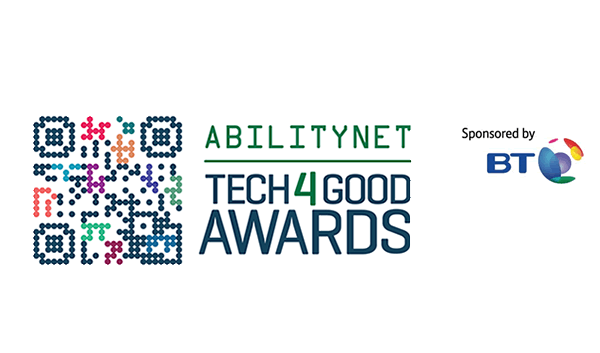
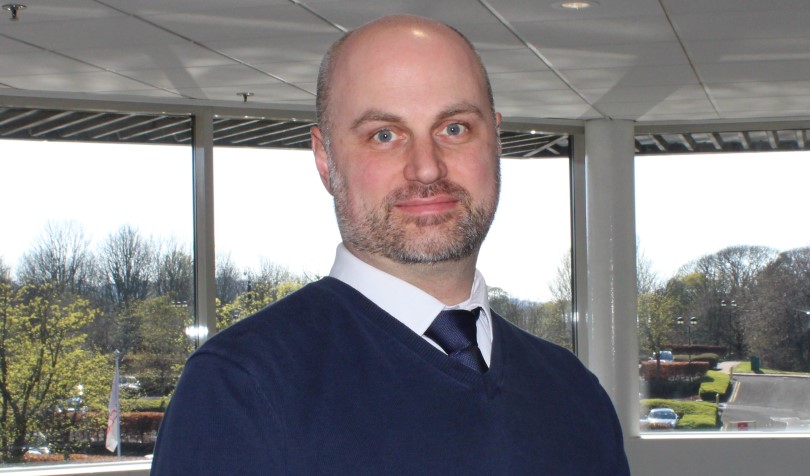
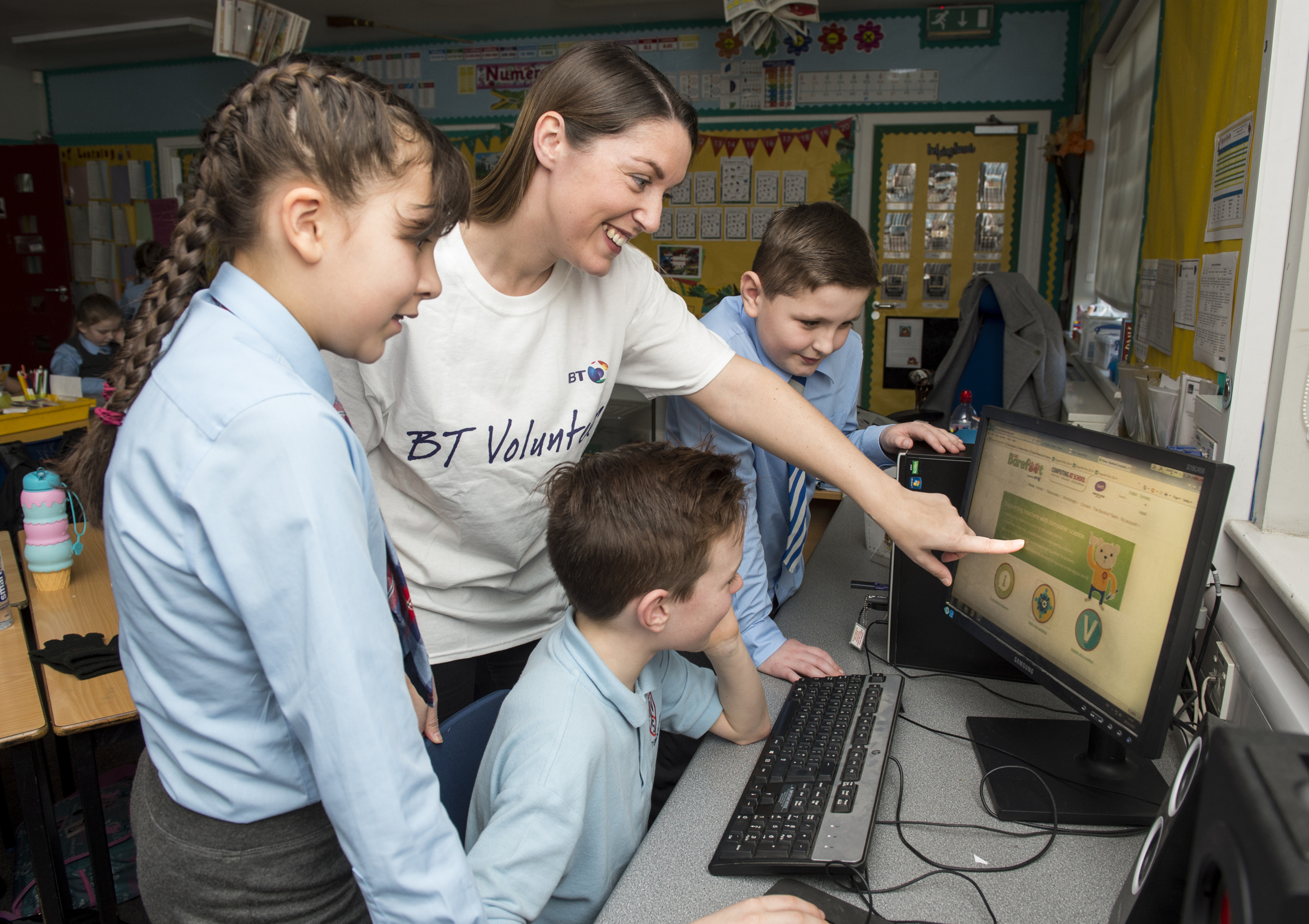
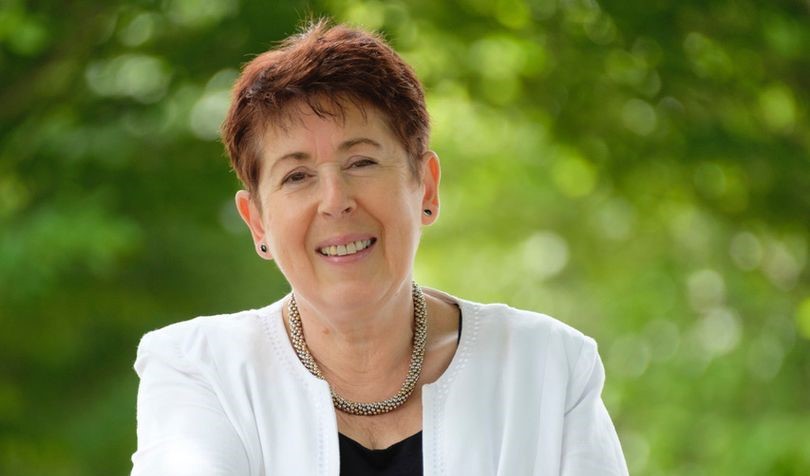
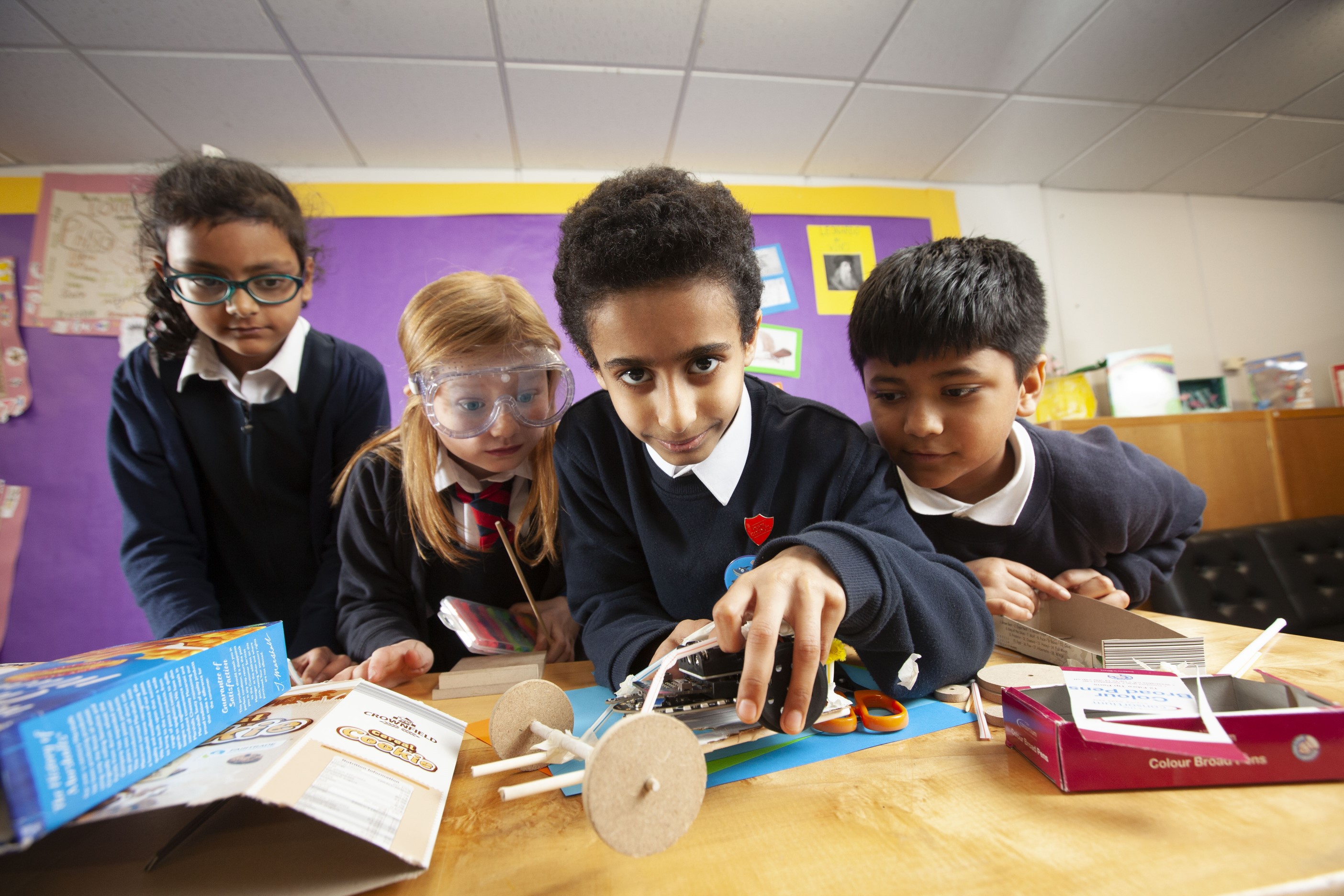

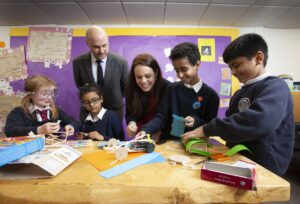 “There isn’t always an option for young people to learn advanced digital skills at school, and this is why our funding is so important, as it opens up additional opportunities for young people across a wide range of backgrounds.
“There isn’t always an option for young people to learn advanced digital skills at school, and this is why our funding is so important, as it opens up additional opportunities for young people across a wide range of backgrounds. Speaking at today’s announcement of the 22 recipients for 2019, the Minister said, “Technology is fundamental to young people’s lives and having digital skills opens up so many opportunities. We want to build a nation where all young people are comfortable using technology whatever their background. Digital Xtra Fund is a great example of different organisations working together to realise these ambitions. I look forward to seeing the initiatives supported by Digital Xtra Fund develop and I’m certain that they will help inspire the next generation of digital experts.”
Speaking at today’s announcement of the 22 recipients for 2019, the Minister said, “Technology is fundamental to young people’s lives and having digital skills opens up so many opportunities. We want to build a nation where all young people are comfortable using technology whatever their background. Digital Xtra Fund is a great example of different organisations working together to realise these ambitions. I look forward to seeing the initiatives supported by Digital Xtra Fund develop and I’m certain that they will help inspire the next generation of digital experts.”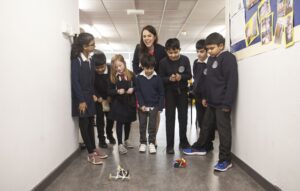 Digital Xtra Fund brings together businesses, organisations, and individuals with a common will to help young people succeed in a digital world through an annual grant awards programme. Key Partners include J.P. Morgan, Skills Development Scotland, Skyscanner, and the Scottish Government, as well as Accenture, Baillie Gifford, BT Scotland, CityFibre, Fujitsu, Incremental Group, Micro:bit Educational Foundation, Microsoft, ScotlandIS, Sky UK, and Zonal.
Digital Xtra Fund brings together businesses, organisations, and individuals with a common will to help young people succeed in a digital world through an annual grant awards programme. Key Partners include J.P. Morgan, Skills Development Scotland, Skyscanner, and the Scottish Government, as well as Accenture, Baillie Gifford, BT Scotland, CityFibre, Fujitsu, Incremental Group, Micro:bit Educational Foundation, Microsoft, ScotlandIS, Sky UK, and Zonal.
 Digital Xtra Fund is Scotland’s first and only charity dedicated to supporting a range of extracurricular digital skills initiatives for young people aged 16 and under. We believe every young person in Scotland should have access to innovative and digitally creative activities regardless of their gender, background, or where they live and understand the range of opportunities these skills provide. As the world increasingly becomes reliant on digital technologies, introduction to skills such as coding, computational thinking, digital making, and data analysis from an early age is key to helping young people prepare for their future.
Digital Xtra Fund is Scotland’s first and only charity dedicated to supporting a range of extracurricular digital skills initiatives for young people aged 16 and under. We believe every young person in Scotland should have access to innovative and digitally creative activities regardless of their gender, background, or where they live and understand the range of opportunities these skills provide. As the world increasingly becomes reliant on digital technologies, introduction to skills such as coding, computational thinking, digital making, and data analysis from an early age is key to helping young people prepare for their future.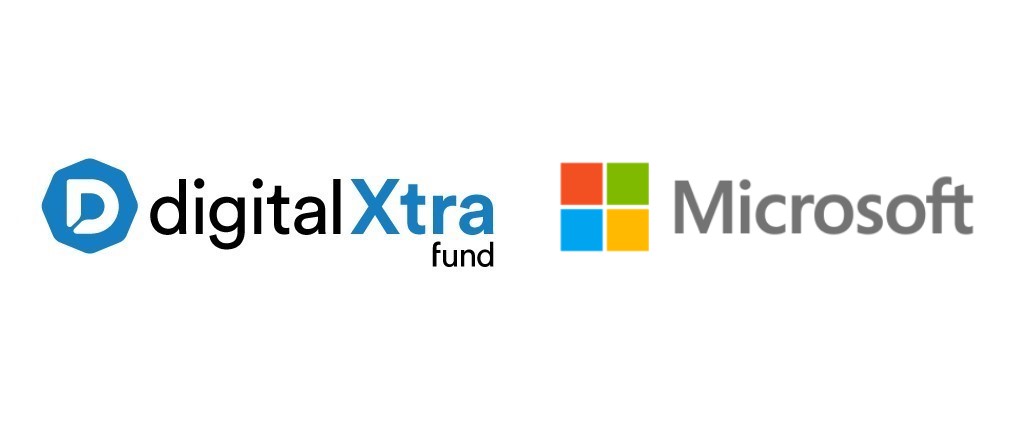
 As such,
As such,  Microsoft also understands that supporting extracurricular activities is another key route to engaging and inspiring young people. Introducing young people to digital technologies through activities outwith school enables participants to understand skills such as computational thinking, coding, and data science before they are required to choose their courses in S2 (around age 12 or 13), something which can be intimidating for students unsure what is computer science. In addition, some computing courses have been reduced or even dropped in Scotland with over half the Local Authorities lacking enough teachers to sufficiently teach computing science in secondary schools, making extracurricular activities the best option for many of these young people to learn about digital technologies.*
Microsoft also understands that supporting extracurricular activities is another key route to engaging and inspiring young people. Introducing young people to digital technologies through activities outwith school enables participants to understand skills such as computational thinking, coding, and data science before they are required to choose their courses in S2 (around age 12 or 13), something which can be intimidating for students unsure what is computer science. In addition, some computing courses have been reduced or even dropped in Scotland with over half the Local Authorities lacking enough teachers to sufficiently teach computing science in secondary schools, making extracurricular activities the best option for many of these young people to learn about digital technologies.* Steven Grier, Country Manager for Scotland at Microsoft, said: “As businesses in Scotland and beyond embrace the huge opportunities driven by AI and Machine Learning, its hugely important that we, as a country, continue to build a skills pipeline of talented, innovative, creative young people to help us stay at the forefront of this technology driven revolution. Digital Xtra Fund helps inspire young people to get involved with digital technology, to imagine the possibilities and ultimately to pursue a career in digital, helping us close our skills gaps and empowering Scotland to achieve more!”
Steven Grier, Country Manager for Scotland at Microsoft, said: “As businesses in Scotland and beyond embrace the huge opportunities driven by AI and Machine Learning, its hugely important that we, as a country, continue to build a skills pipeline of talented, innovative, creative young people to help us stay at the forefront of this technology driven revolution. Digital Xtra Fund helps inspire young people to get involved with digital technology, to imagine the possibilities and ultimately to pursue a career in digital, helping us close our skills gaps and empowering Scotland to achieve more!”
 On 30 August, Digital Xtra Fund will launch its next round of funding with a total of £75,000 available. Grants of up to £5,000 will be awarded to extracurricular activity providers that teach skills such as coding, data science, and computational thinking and help inspire Scotland’s next generation of designers, developers, and digital technologists.
On 30 August, Digital Xtra Fund will launch its next round of funding with a total of £75,000 available. Grants of up to £5,000 will be awarded to extracurricular activity providers that teach skills such as coding, data science, and computational thinking and help inspire Scotland’s next generation of designers, developers, and digital technologists.
 Digital Xtra Fund brings together businesses, organisations, and individuals with a common will to help young people succeed in a digital world through an annual grant awards programme. Key Partners include
Digital Xtra Fund brings together businesses, organisations, and individuals with a common will to help young people succeed in a digital world through an annual grant awards programme. Key Partners include 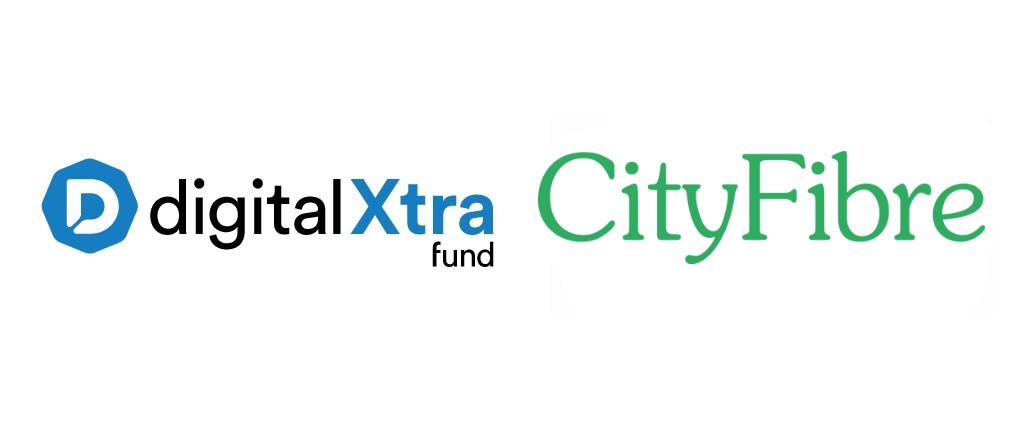
 Launched in 2016 by the Digital Scotland Business Excellence Partnership, a collaboration of public and private sector organisations, Digital Xtra Fund became an independent charity in March 2017. The Fund aims to ensure that young people have the opportunity to develop the skills required to thrive in the digital age regardless of their gender, background, or where they live.
Launched in 2016 by the Digital Scotland Business Excellence Partnership, a collaboration of public and private sector organisations, Digital Xtra Fund became an independent charity in March 2017. The Fund aims to ensure that young people have the opportunity to develop the skills required to thrive in the digital age regardless of their gender, background, or where they live. “The full fibre networks we are building across Scotland and the rest of the UK will be vital in helping to unlock the digital potential our young people have, and ensure they are not held back by our current infrastructure. As digital connectivity becomes more and more essential, we have to ensure our young people are capable of making the most of its potential. We look forward to working with Digital Xtra Fund and to identifying projects to support across Scotland.”
“The full fibre networks we are building across Scotland and the rest of the UK will be vital in helping to unlock the digital potential our young people have, and ensure they are not held back by our current infrastructure. As digital connectivity becomes more and more essential, we have to ensure our young people are capable of making the most of its potential. We look forward to working with Digital Xtra Fund and to identifying projects to support across Scotland.”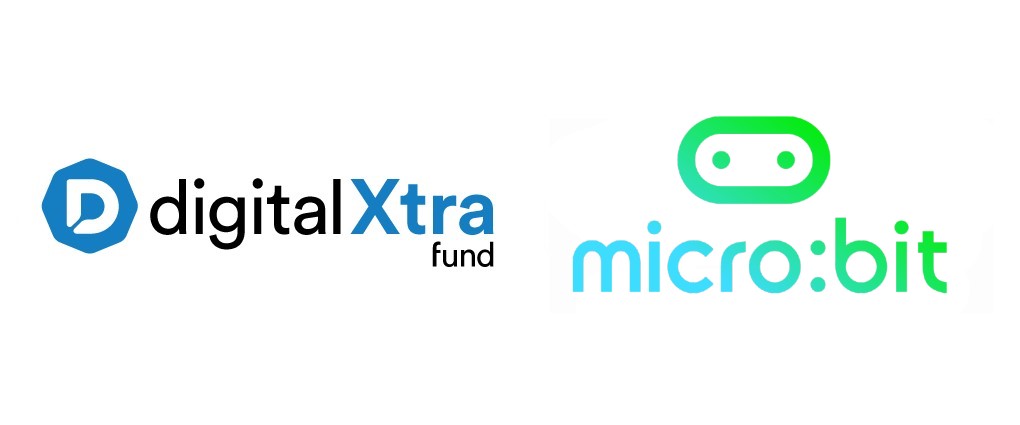
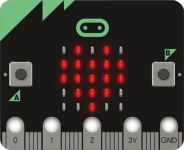 Micro:bit Educational Foundation has donated 1,200 micro:bits to extracurricular digital skills initiatives supported by Digital Xtra Fund.
Micro:bit Educational Foundation has donated 1,200 micro:bits to extracurricular digital skills initiatives supported by Digital Xtra Fund.
